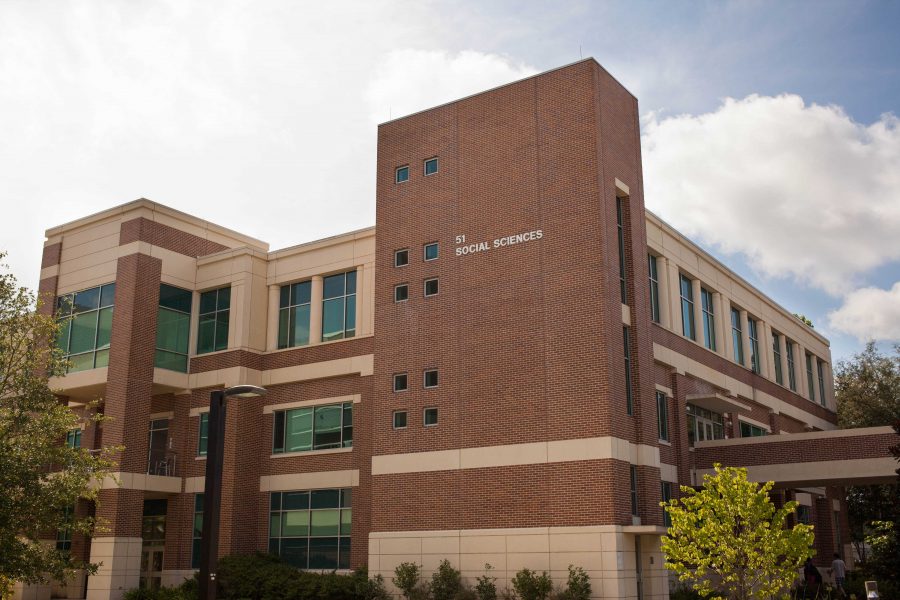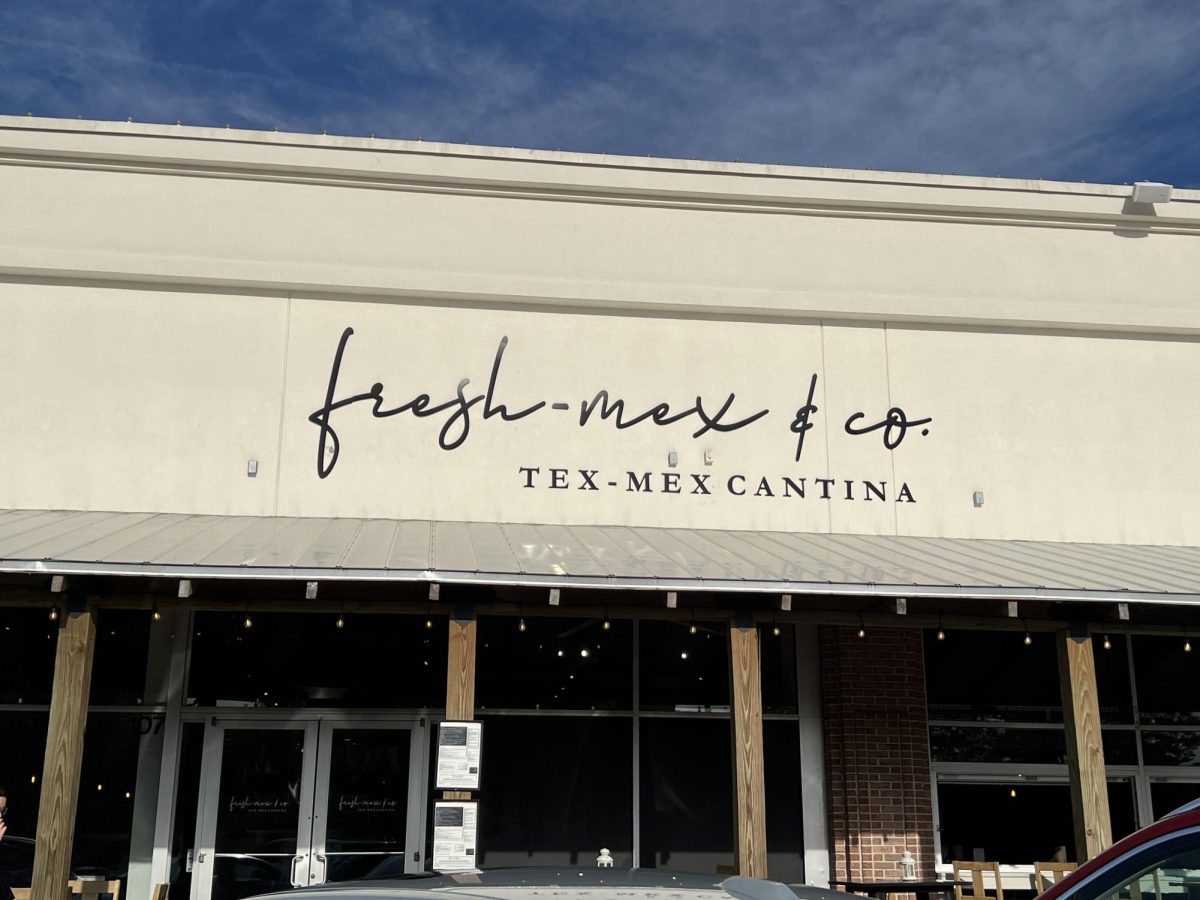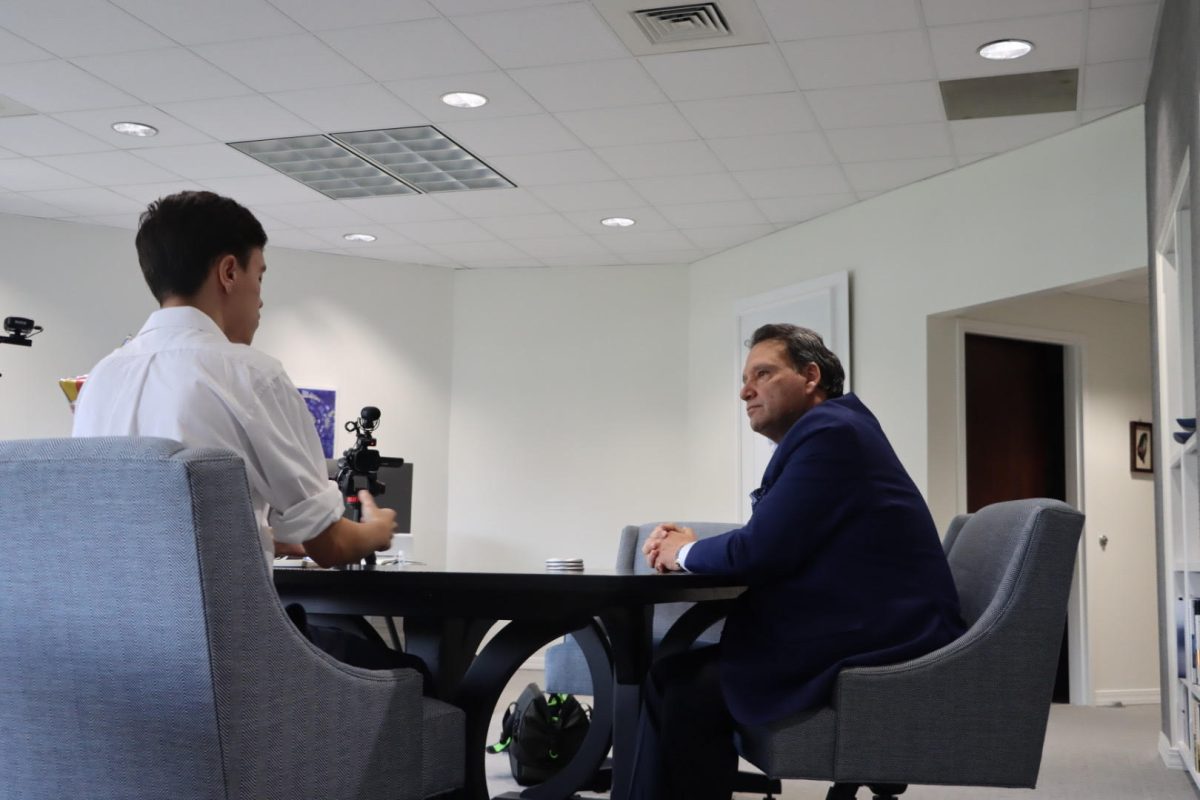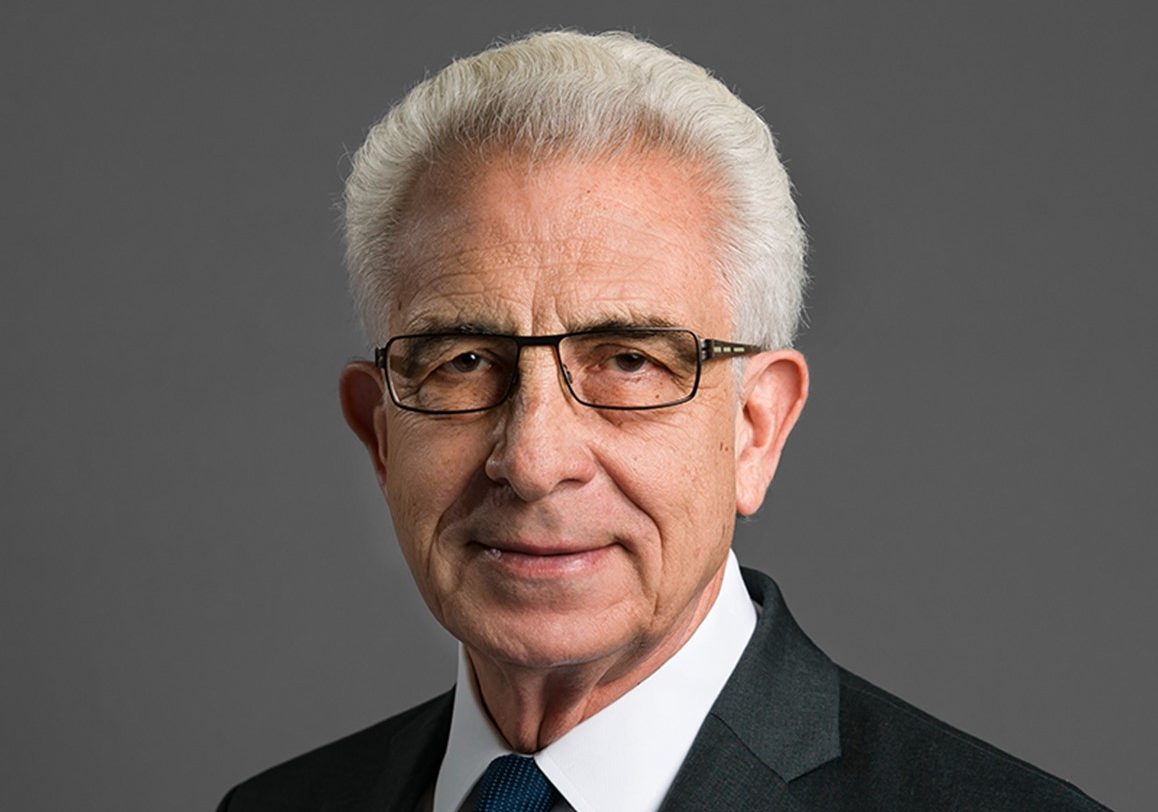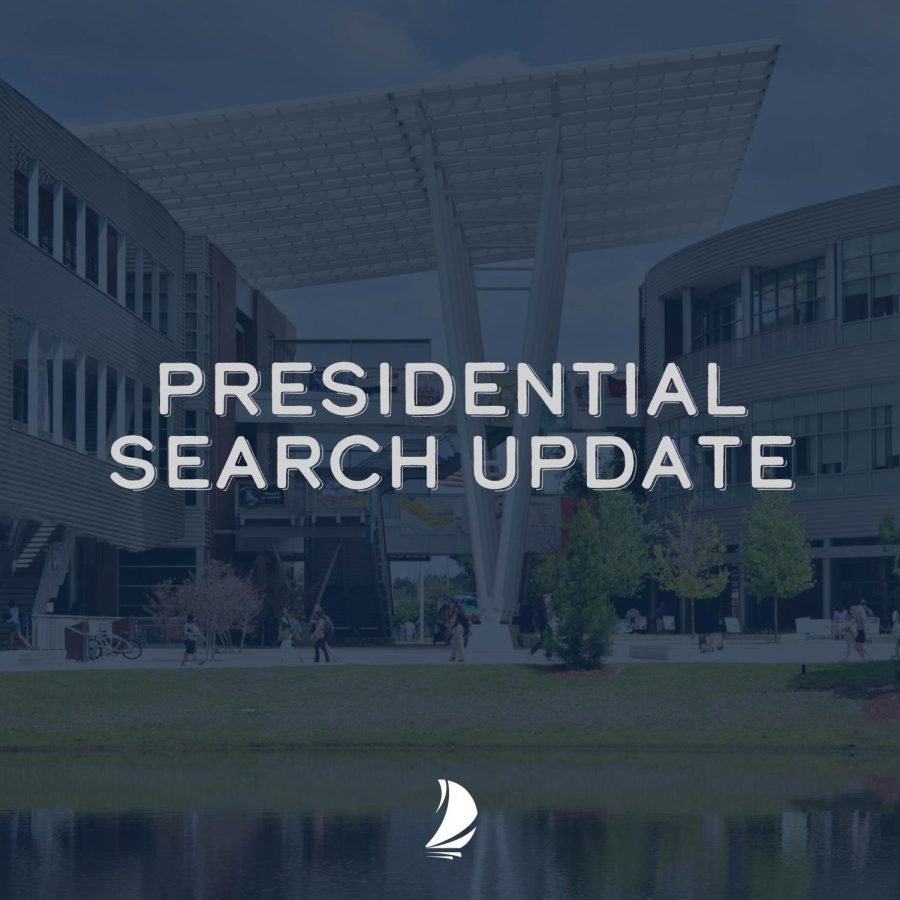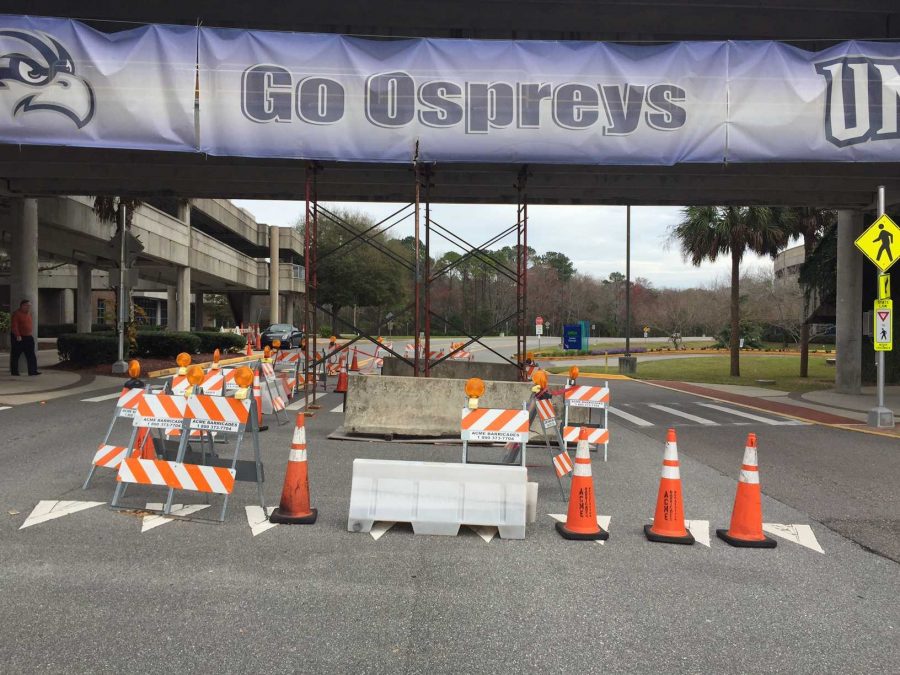As gas prices fluctuate and the economy continues to slip further out of our hands, Jacksonville must follow in the shoes of other U.S. cities that have placed the environment at the forefront of their minds.
Early in October, four cities – Washington, Minneapolis, Philadelphia and St. Paul, Minn. – joined hundreds of others already using hybrid buses for public transportation, ordering more than 1,700 buses.
Yet as communities and universities across the country continue the trend of going green, Jacksonville and UNF are not among the entities taking the next step in the hybrid movement.
The two pride themselves on being leaders in environmental sustainability, but to keep that image alive, Jacksonville and UNF must step up their game and take the initiative of making hybrids in their busing systems a reality.
Hybrid buses improve efficiency and reduce environmental damage – results well worth the extra costs of the buses, which are currently selling for $100,000 each, according to the American Public Transportation Association.
These diesel-electric hybrids add electric batteries to an engine, cutting down the pollutants emitted by nearly 90 percent.
They also improve gas mileage by an average of 30 percent, which saves a lot of money during the 12 years the bus is intended to last.
While the initial price of the hybrid buses might be steep, the price will drop as more communities begin to order them – following the law of supply and demand.
And many U.S. cities realized this.
Currently, hybrids account for only 2 percent to 3 percent of North America’s buses, but 22 percent of the buses on order by major cities across the nation are hybrids, according to the APTA.
Jacksonville – alongside UNF – needs to set an example for the rest of the state and become the first community in Florida added to this national statistic.
It only takes one city to make the decision, and people will witness a trickledown effect, making hybrids more cost effective for everyone.
Communities can also earn federal grant money to pay up to 90 percent of a hybrid’s bus price, compared to 80 percent for conventional buses, according to an Associated Press report.
San Francisco recently announced its “Zero Emissions 2020” plan, committing the city to have a cleaner air policy from public transit.
The plan calls for every bus in the city to be a hybrid by 2020, and even upgrading from standard hybrids to hydrogen fuel cell buses when they become commercially available for large fleet purchases.
And the University of North Carolina, Chapel Hill campus recently announced its goal to have the busing system completely hybrid within the next few years.
UNF and the city of Jacksonville need to follow in the footsteps of UNC and San Francisco because while the administrators might be able to wait until the prices of these buses decrease, the environment cannot.










